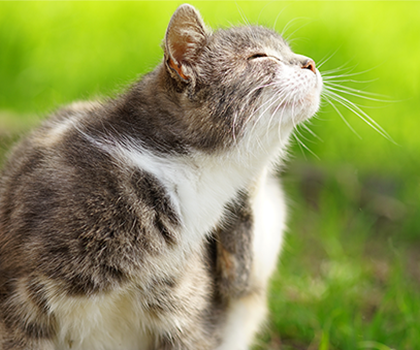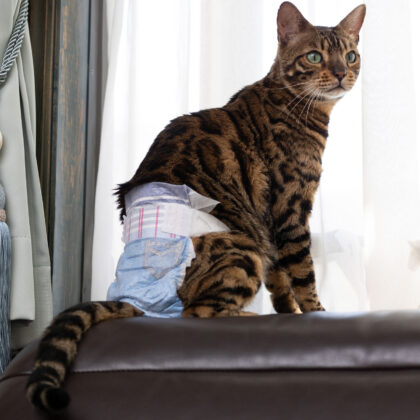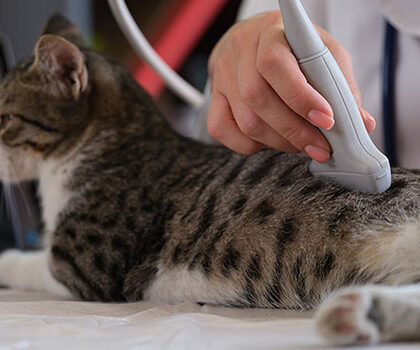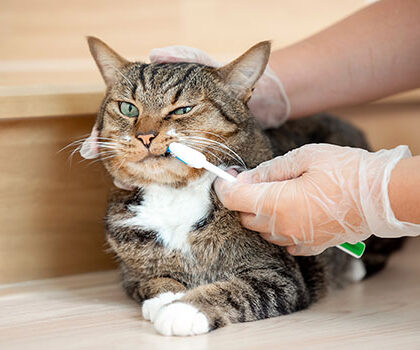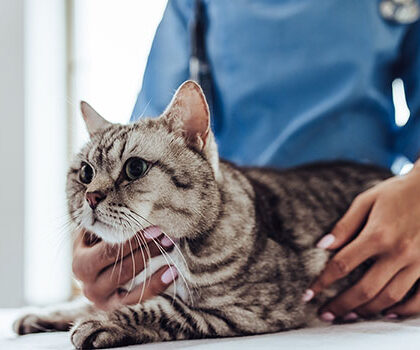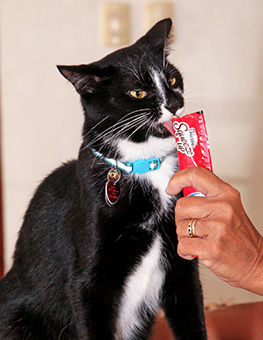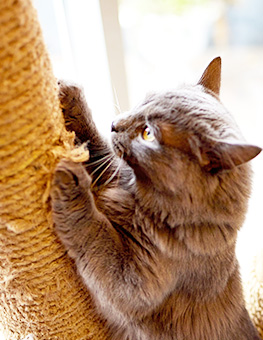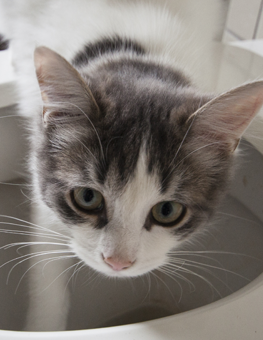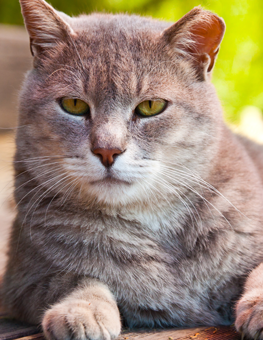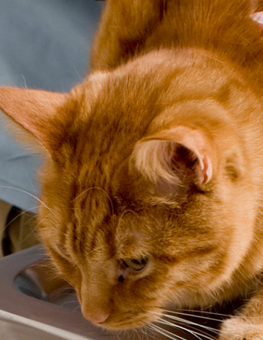Mosquito Borne Diseases and Cats
Mosquitoes are annoying for both you and your cat. But aside from the irritation these pesky insects cause, they can also spread diseases to your cat - the most dire being heartworms.

Heartworms are passed from cat to cat by mosquitoes.
Feline Heartworm
Heartworms are passed from cat to cat by mosquitoes. Here’s the process:
- A mosquito bites an infected cat and young heartworms enter from the cat’s blood into the mosquito. The larvae then develop into infective larvae.
- The infected mosquito bites an uninfected cat and the larvae are deposited into the cat’s blood.
- Over the next six months, the larvae grow and travel through the cat’s blood until they end their journey in the cat’s heart as adults.
- Once in the cat’s heart, heartworms can grow up to 14 inches and survive for 2-5 years.
Although heartworm disease is seen less frequently in cats, the disease poses a much greater danger - the outcome is often fatal.
Symptoms to look for:
- Coughing
- Respiratory distress
- Rapid breathing
- Vomiting
- Weight loss
- Sudden death
There are no consistent clinical signs of heartworm in cats and diagnosis is often difficult. If you suspect your cat has heartworm disease, a trip to your veterinarian is in order.
Heartworm Treatment
It is much better to prevent heartworm than to treat it, as there currently are no drugs approved for fighting heartworm in cats. Visit your veterinarian to discuss preventative therapies for your cat.
West Nile Virus
Mosquitoes pick up the virus from infected birds and transmit it to your cat. West Nile Virus is not transmitted directly from pet to person, person to pet, pet to pet or person to person. In fact, West Nile Virus in cats is rare. Any cats that have been infected may only show mild signs (fever, lethargy).




